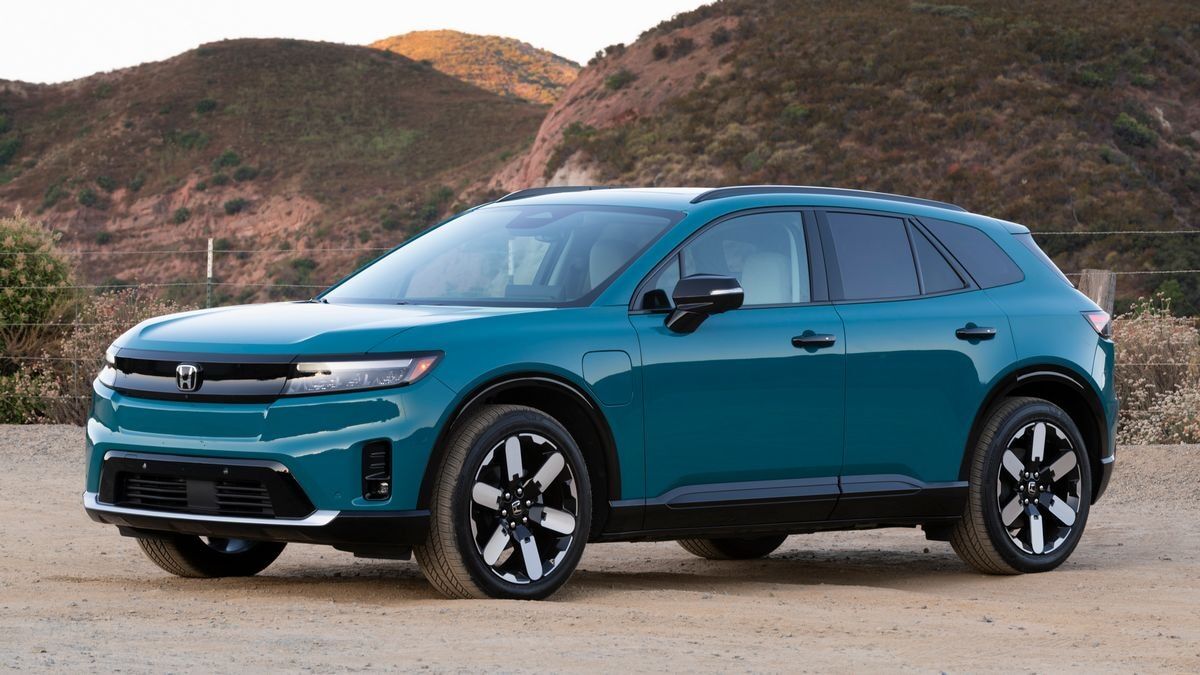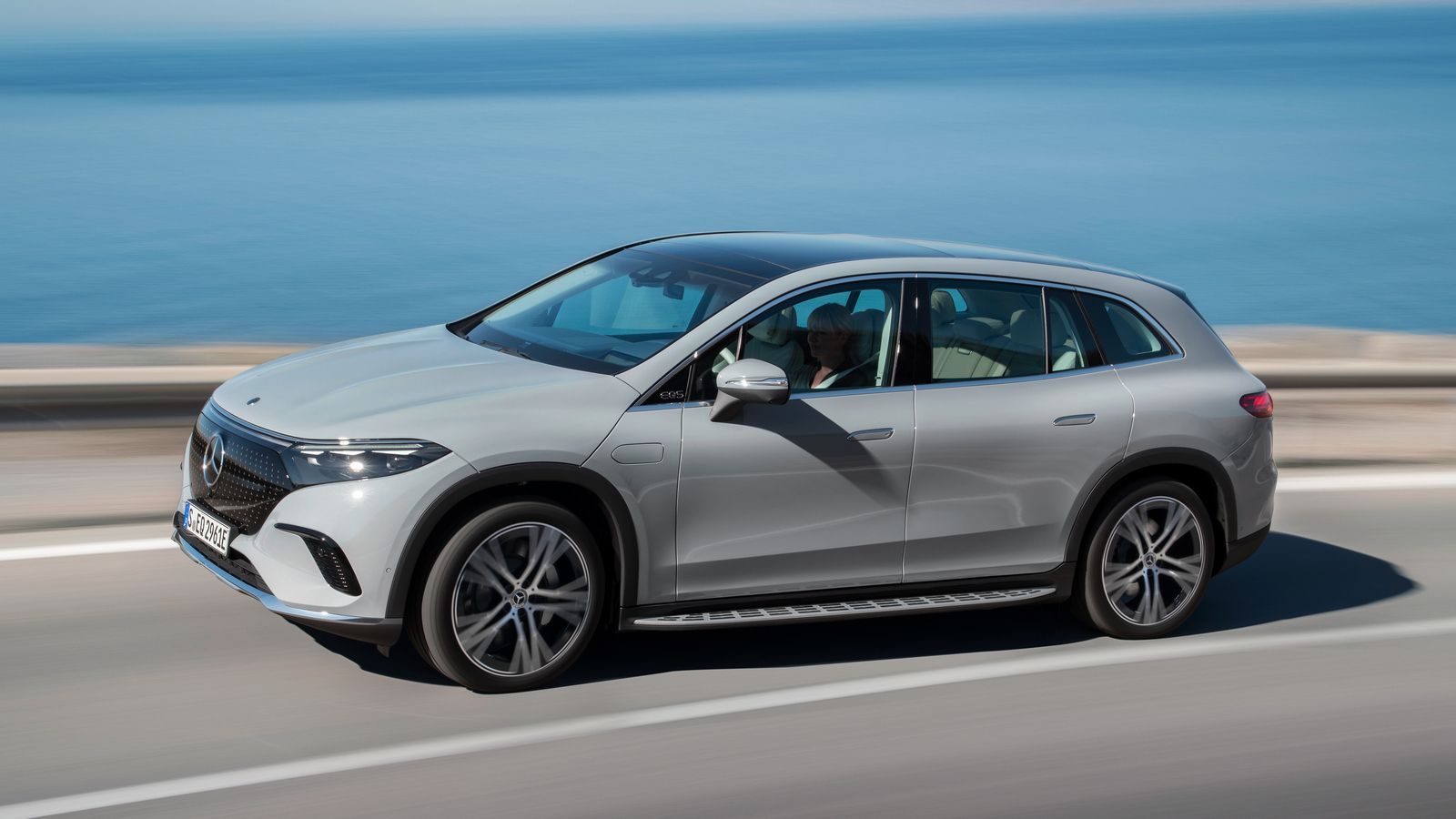Electric vehicles (EVs) generally cost more than conventional gasoline-powered automobiles. But the pricing gap is shrinking.
According to the latest data from Kelley Blue Book, the average transaction price for a new electric vehicle in August was an estimated $57,245, up 3% from July and down by 0.1% from a year ago. For comparison, the average transaction price for all cars was $49,077, which is 2.6% higher than in July. Mercedes-Benz posted one of the largest ATP increases at 11.1%, followed by Nissan at 7.1%. While Tesla’s ATP rose 2.9%, its dominant sales volume played a key role in lifting the overall average.
Pricing for new electric cars starts at $29,280, including the destination charge, for the cheapest electric car, the 2025 Nissan Leaf, and rises to over $100,000 for a luxury EV like the 2025 Mercedes-Benz EQS SUV (starting at $106,400, including the destination charge).
August new EV sales climbed to a record 146,332 units, up 14.1% month over month and 17.7% year over year, lifting market share to an all-time high of 9.9%.
As the IRA tax credit sunset approaches, Kelley Blue Book analysts expect elevated sales activity in September. This final stretch of time-sensitive purchase and lease offers will likely sustain momentum across both the new and used EV segments. The analysts say the market’s ability to respond to demand and pricing dynamics will be crucial as incentives taper and inventory remains tight, shaping performance through the rest of the year.
EV Tax Incentives Going Away
Act fast if you’re thinking of going electric. The federal government offers up to $7,500 in electric car tax credits for qualifying new EVs, and up to $4,000 for eligible used ones. Leasing? You might still benefit from the full credit on new vehicles, depending on the dealership. These credits help narrow the price gap between EVs and gas-powered cars. However, here’s the catch: Those credits disappear Sept. 30.
Additionally, the now-in-effect tariffs on imported vehicles and parts could drive up prices on all cars, including EVs.
Fully electric cars run on electricity and do not need gasoline, regular oil changes, or other maintenance that gas cars require. Typically, fuel costs more than electricity, which is another money-saver for people who drive electric vehicles.
RELATED: How Much Does It Cost to Charge an Electric Car?








